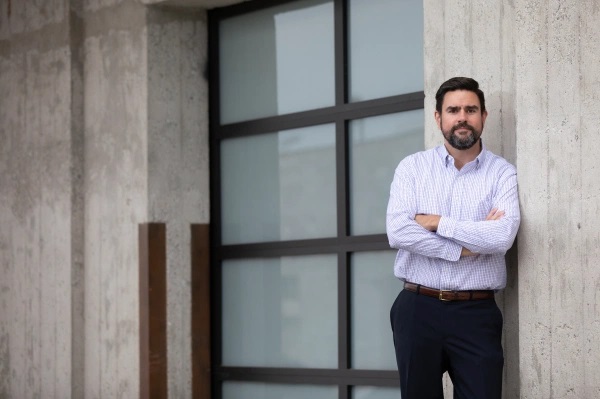The Evolution of Retail Continues

By Brian Johnson
2021 President
Santa Barbara Association of Realtors
Retail has been hurting for a number of years but the pandemic really drove home that point. During the initial days of lockdown, retailers and property owners both began to try to determine how they would handle the post pandemic world. The face of retail is going to look very different once it is said and done. Retailers who had been concerned about the delivery capabilities of companies such as Amazon found that rather than trying to beat them they would have to join them or in some cases collaborate with them.
The past year has seen a huge increase in delivery services offered for everything from restaurants and soft goods to groceries to daily essentials. The number of delivery options blew up almost overnight. Now these companies are shifting to smaller footprints and fewer locations. This means more vacancy in the marketplace. What will property owners do to adjust?
Before the pandemic, property owners wanted a successful operator for their available spaces. They looked to traditional credit tenants who would be willing to sign long-term leases. Now, property owners are considering a new type of tenant, the “experience” tenant. There is a push for retailers who will be a draw to the area for people looking for individual and group experiences.
As more and more businesses are able to reopen, there is a desire to get out again and have experiences. Consumers are not looking to just shop any longer. They have been doing that from the comfort of their couches for the past 18 months. Now, they want to get out and enjoy themselves. This could mean an increase in outdoor space or if indoors, open areas for people to gather.
There will be a need for less retail space in the future too. Property owners will need to be flexible in order to repurpose retail. We have begun to see concepts in adaptive reuse. We have several vacancies in Santa Barbara that are looking at adaptive reuse possibilities.
Macy’s is being marketed as potential office space and the former Sears property has seen interest from a number of non-traditional retail concepts. In other markets, large retail centers have been converted to housing, schools, churches and medical uses. We have seen former restaurants become the site of “ghost kitchens”; restaurants that operate as delivery only and can fulfill orders for a number of different operators.
Retail owners will need to adjust to this new dynamic. Historically, retail responds slowly to changes like this. It is not an industry that can just pivot due to the long chain of production, distribution and marketing on one side and the long-term nature of leases on the other. However, it will get there.
Brian Johnson is a California licensed real estate agent and the Managing Director of Radius Commercial Real Estate. Brian handles all types of commercial real estate transactions but has a special focus on multifamily investments. He can be reached at 805-879-9631 or bjohnson@radiusgroup.com




You must be logged in to post a comment.